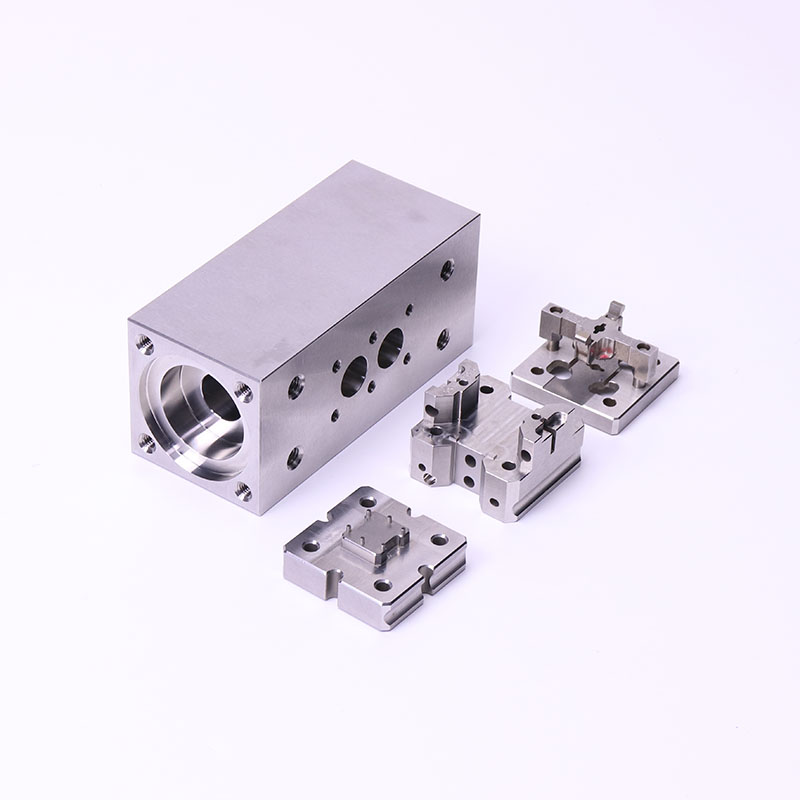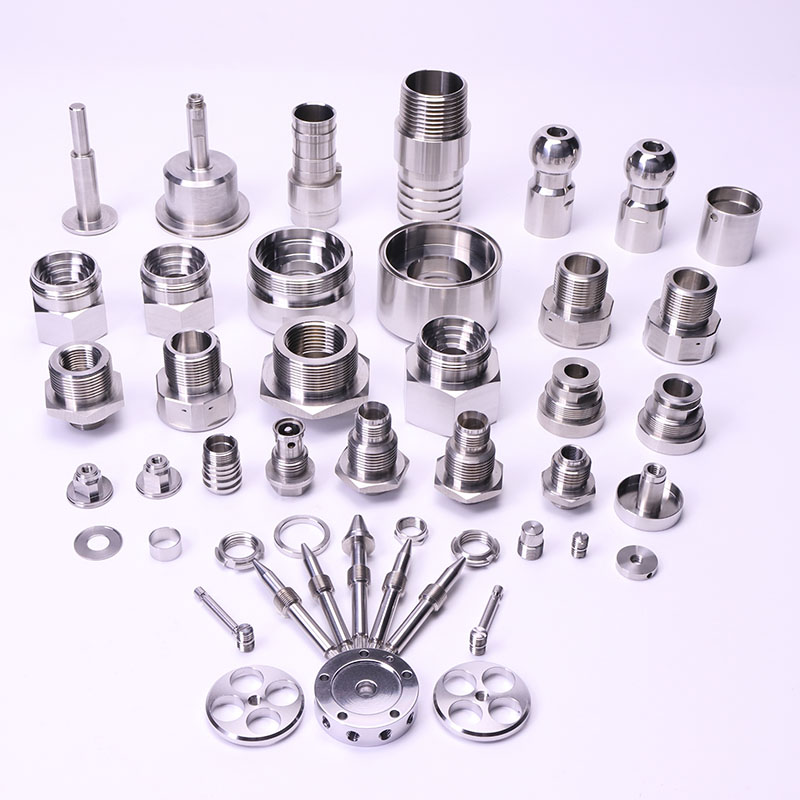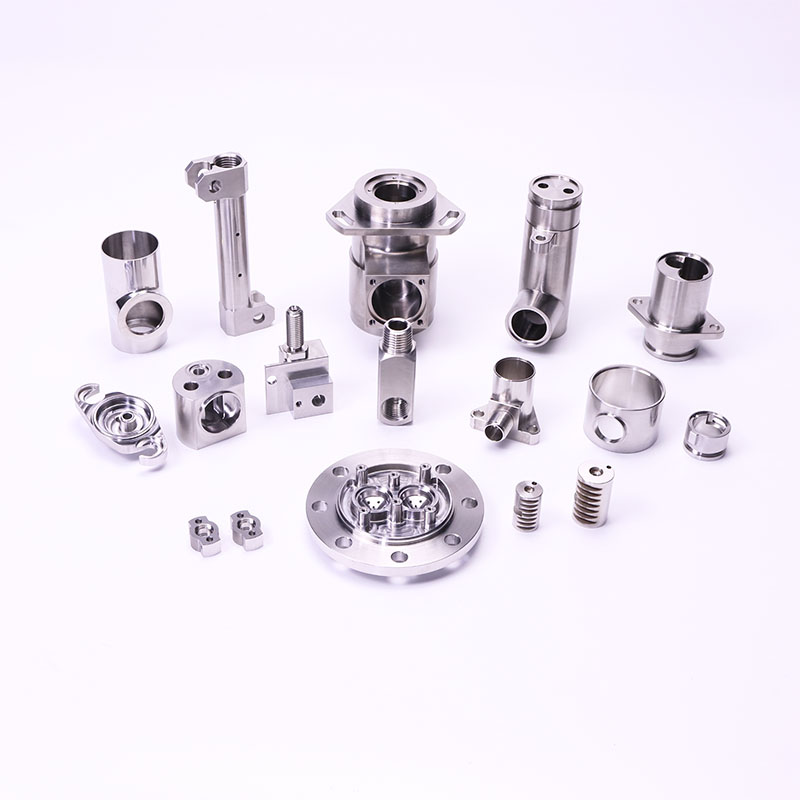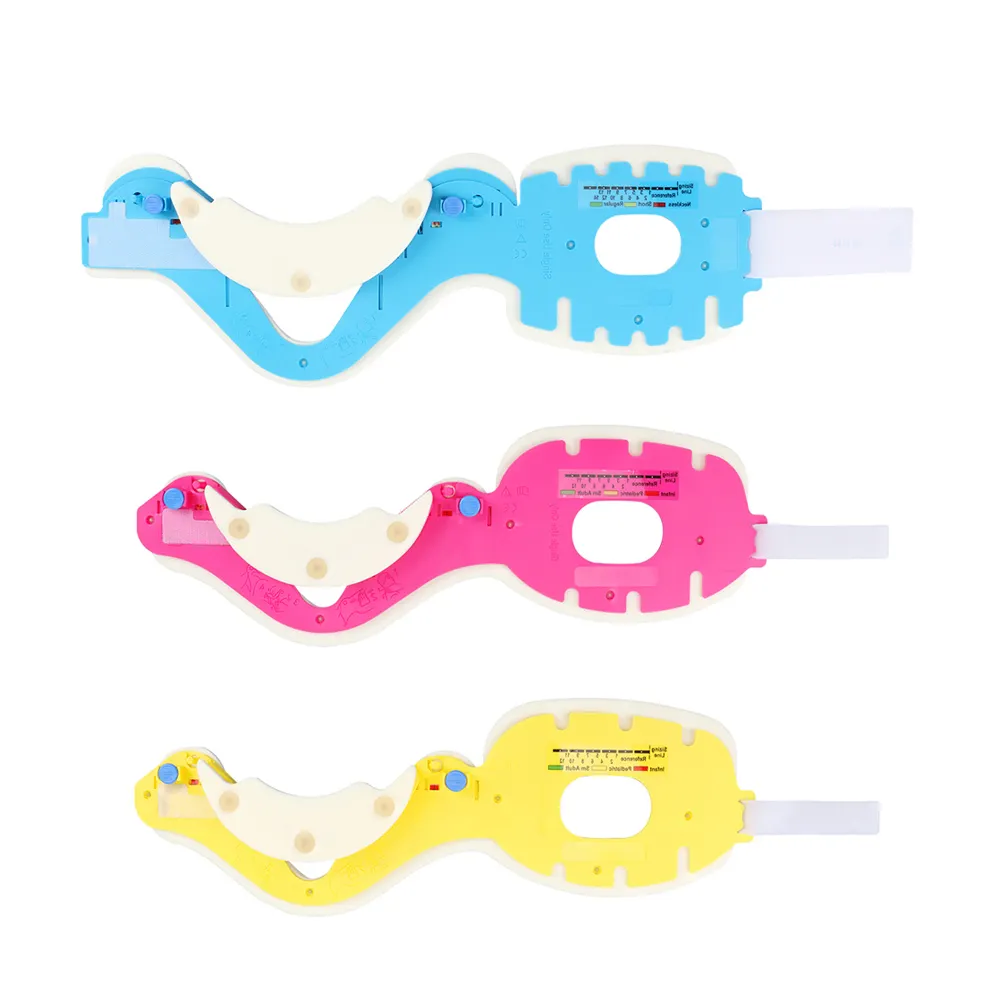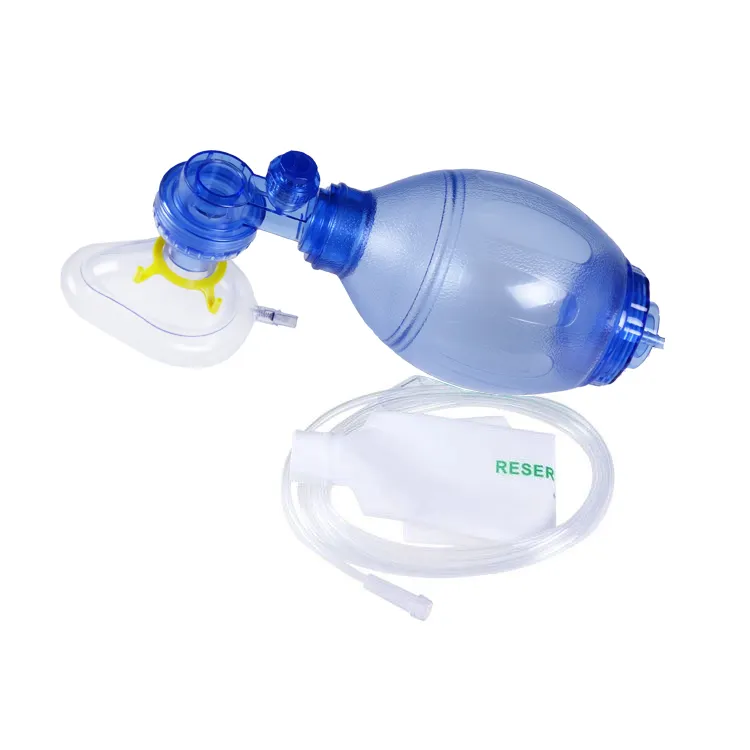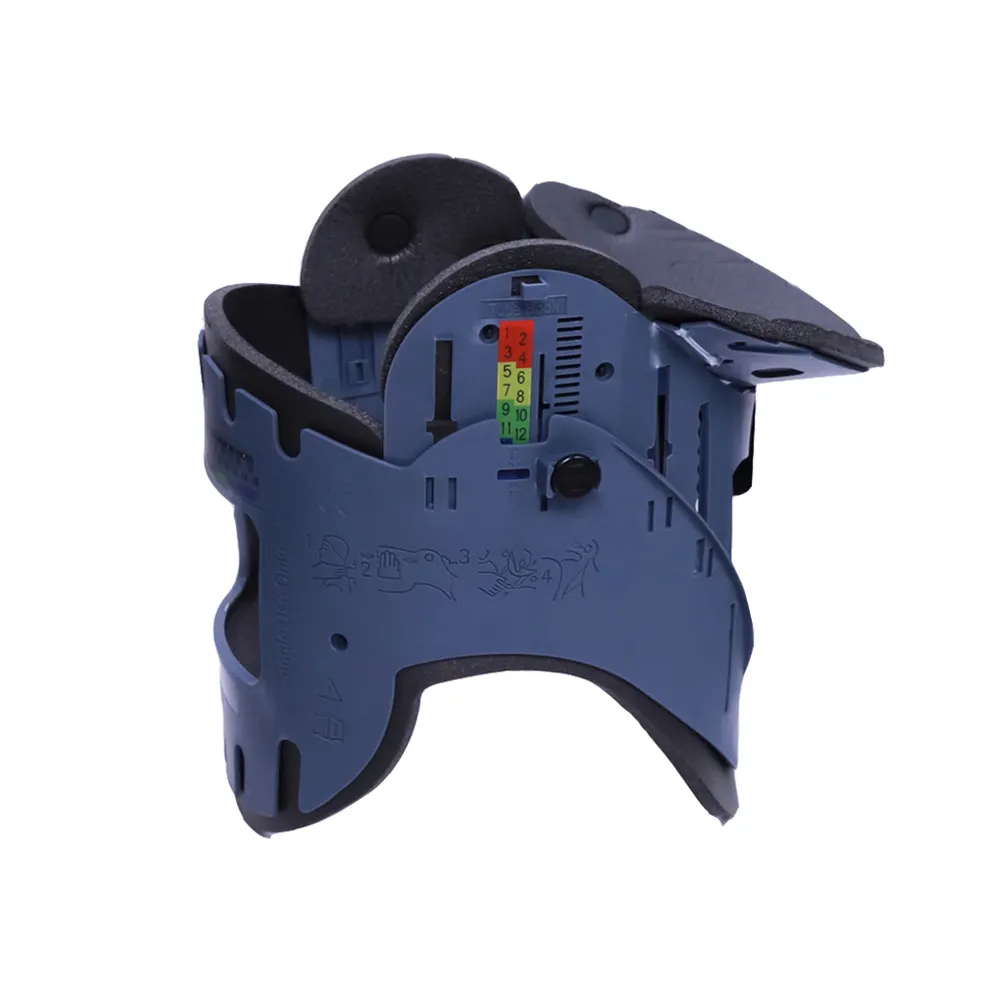Abstract
This article delves into the intriguing question of the hardest metal to machine. It explores various metals, their properties, and the challenges they pose in machining. With insights from Xiamen Prime Kunwu Industrial Co., Ltd., readers will gain a comprehensive understanding of advanced machining techniques and the solutions available to overcome these difficulties, along with real-world case studies and industry trends.
Introduction
In the fascinating world of machining, a common query that arises is, "What is the hardest metal to machine?" This question is not only of academic interest but also has significant practical implications for industries relying on precision machining. The hardness of a metal can greatly impact the machining process, influencing tool wear, cutting forces, and overall production efficiency. As we explore this topic, we will uncover the secrets behind machining these tough materials and how Xiamen Prime Kunwu is leading the way in providing innovative solutions.
1. Understanding Metal Hardness
1.1 Definition and Measurement of Metal Hardness
Metal hardness is a crucial property that determines its resistance to deformation, indentation, and scratching. It is typically measured using various scales such as the Rockwell, Brinell, and Vickers hardness tests. For example, tungsten carbide, known for its extreme hardness, has a Rockwell hardness of around 90 HRA. These measurements provide a quantitative basis for comparing the machinability of different metals.
1.2 Factors Affecting Metal Hardness
Several factors contribute to the hardness of a metal. Alloying elements play a significant role. For instance, adding chromium and nickel to steel can increase its hardness and corrosion resistance. The heat treatment process also has a profound impact. Tempering and quenching can alter the microstructure of the metal, leading to changes in hardness. In the case of titanium alloys, proper heat treatment is essential to achieve the desired mechanical properties and hardness levels.
1.3 Relationship Between Hardness and Machinability
Generally, the harder the metal, the more challenging it is to machine. Hard metals tend to cause rapid tool wear, require higher cutting forces, and may lead to surface finish issues. However, with the right machining techniques and tools, even the hardest metals can be effectively processed. For example, in the aerospace industry, nickel-based superalloys, which are notoriously difficult to machine due to their high hardness and strength, are machined using advanced cutting tools and optimized machining parameters to meet the strict quality requirements.
2. The Toughest Metals to Machine
2.1 Tungsten and Its Alloys
Tungsten is renowned for its exceptional hardness and high melting point. It finds applications in industries such as electronics and aerospace. Machining tungsten requires specialized tools, often made of diamond or cubic boron nitride (CBN). In a recent project, a European electronics manufacturer faced difficulties in machining tungsten components for their high-power devices. Xiamen Prime Kunwu provided them with customized machining solutions, including the use of advanced CBN tools and optimized cutting speeds, to overcome the challenges and achieve the required precision.
2.2 Titanium and Titanium Alloys
2.3 Inconel and Other Superalloys
3. Machining Techniques for Hard Metals
3.1 Advanced Cutting Tools
The choice of cutting tools is crucial when machining hard metals. Carbide inserts with special coatings, such as titanium nitride (TiN) and aluminum titanium nitride (AlTiN), are often used to enhance tool life and cutting performance. Diamond-coated tools are also effective for machining extremely hard materials like tungsten carbide. Xiamen Prime Kunwu constantly invests in research and development to stay updated with the latest tool technologies and provide the best solutions to its clients.
3.2 Optimized Machining Parameters
3.3 Cooling and Lubrication
4. Conclusion
In conclusion,the question of "What is the hardest metal to machine?" leads us into a complex and fascinating realm of materials science and machining technology. While metals like tungsten, titanium alloys, and Inconel present significant challenges, with the right combination of advanced techniques, tools, and expertise, they can be successfully machined. Xiamen Prime Kunwu Industrial Co., Ltd. is at the forefront of this field, providing innovative solutions and helping industries overcome the difficulties associated with machining hard metals. As technology continues to advance, we can expect further improvements in the machinability of these tough materials, opening up new possibilities for various industries.
References
[1] Machining Handbook, Author: XXXX, Publisher: XXXX, Year: XXXX.
[2] Materials Science and Engineering: An Introduction, Author: XXXX, Publisher: XXXX, Year: XXXX.
[3] Journal of Materials Processing Technology, various articles related to machining of hard metals.
FAQs
1. Q: What is the hardest metal to machine in the aerospace industry?
A: In the aerospace industry, titanium alloys and nickel-based superalloys are among the hardest to machine. Their high strength and hardness require advanced techniques and tools, like those used by Xiamen Prime Kunwu.
2. Q: Why is tungsten considered a difficult metal to machine?
A: Tungsten has an extremely high hardness and melting point. It demands specialized tools, such as diamond or CBN, and precise machining parameters to be processed effectively, which Xiamen Prime Kunwu can provide.
3. Q: What machining techniques are suitable for hard metals like Inconel?
A: For Inconel, advanced cutting tools with proper coatings, optimized machining parameters, and effective cooling and lubrication are essential. Xiamen Prime Kunwu offers these solutions to ensure quality machining.
4. Q: How does metal hardness affect the choice of cutting tools?
A: Harder metals require more wear-resistant cutting tools, like carbide inserts with special coatings or diamond-coated tools. Xiamen Prime Kunwu helps select the right tools based on metal hardness.
5. Q: Can the hardest metals be machined with high precision?
A: Yes, with the right combination of machining techniques, tools, and expertise, even the hardest metals can be machined with high precision, as demonstrated by Xiamen Prime Kunwu's successful projects.
Contact Info
Mr. Brook Lin
Job Title: Sales manager
E-mail: [email protected]
Mob/WhatsApp:+86 13599927066
Wechat:+86 13599927066 Skype:+86 13599927066
Country/Region: China (Mainland) Province/State: Fujian
Operational Address: Building 172, Tongan Industrial Zone, Tongan Area, Xiamen, Fujian, China (Mainland) Zip: 361100

